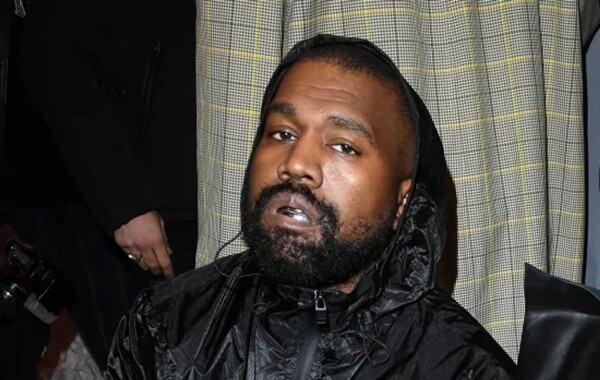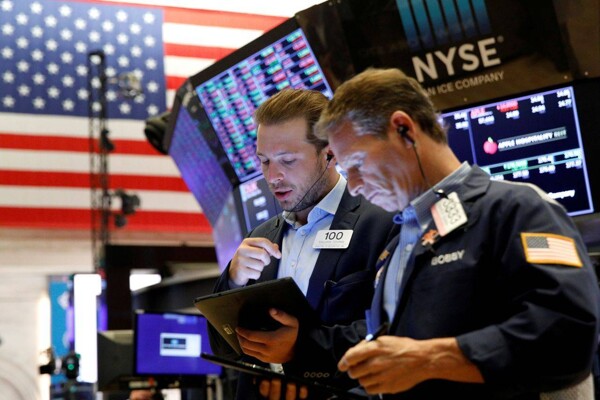The political development of societies is closely linked to their economic development, as history once again confirms. In general terms, the process can be summarized as follows: neoliberalism increases social inequality and the feeling of economic fragility in broad sectors of the population; this discontent fuels social and economic resentment; populist leaders feed off this anger to gain power; once in government, these leaders undermine the separation of powers and the control mechanisms inherent in liberal democracy.
Donald Trump's electoral victory is explained by the support of millions of citizens belonging to the impoverished working class over recent decades. It becomes evident that an economic agenda oriented toward equity is necessary to avoid the collapse of more contemporary democracies. However, the actions implemented by Trump, such as cuts to public spending and the dismissal of officials, will only exacerbate inequality, while his erratic trade policy will affect investment and increase the prices of consumer goods.
In Europe, an authoritarian wave is rising, blurring historical memory about totalitarian regimes and generating support for xenophobic and intolerant options. The hyper-concentration of wealth in current societies is giving rise to growing social dissatisfaction that nationalist populist movements know how to exploit.
Historian Timothy Garton Ash warns about the levels of inequality generated by neoliberalism, which haven’t been seen in a century, as well as the risk of turning democracies into oligarchies. Anger fuels the search for scapegoats, and to counteract authoritarian risks, sustained social success in democracies is necessary.
The authoritarian advance represented by the Trump administration goes against the liberal idea that power should be distributed, subject to scrutiny and control. The deterioration of social cohesion and the increase in inequality foster the rise of authoritarianism, while economic and political dissatisfaction paves the way for leaders like Trump.
The tightening of housing, health services, and higher education, combined with the decline of public services and transportation, are directly related to voter support for leaders like Trump. Policies implemented since the eighties, such as tax breaks for the wealthiest and the weakening of unions, have contributed to the economic and political dissatisfaction that has benefited populist leaders.
The system worked, so people believed in it. Why?














